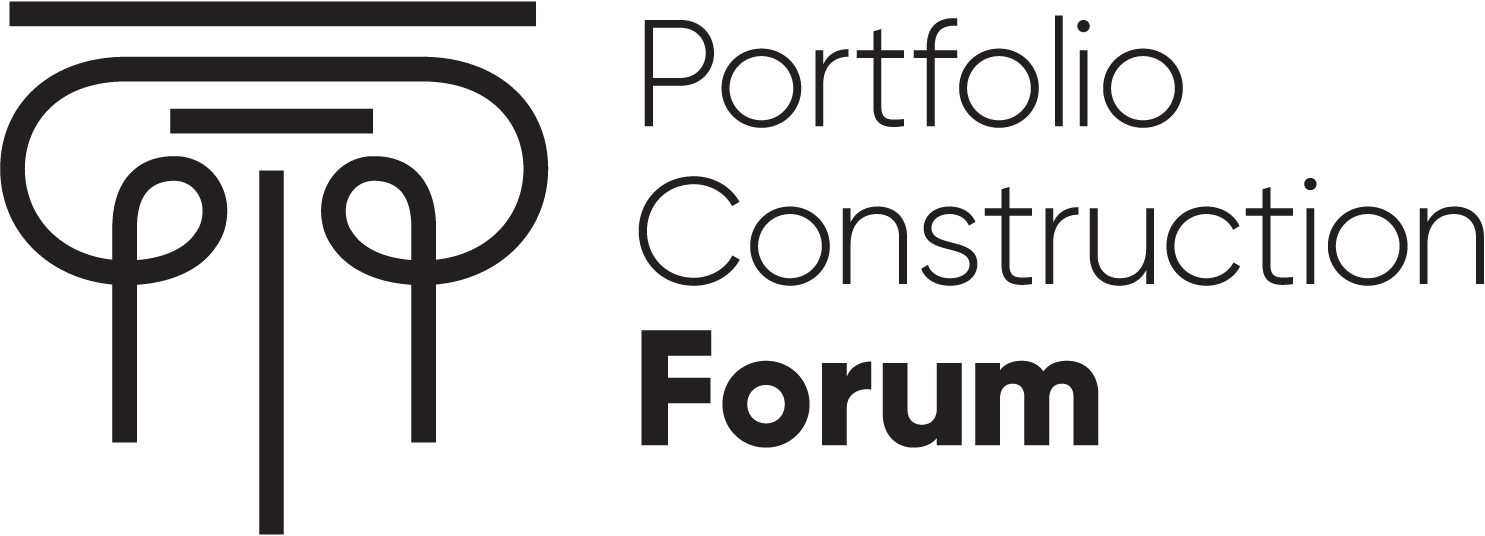|
China's political stability |
|
Linda Jakobson | Lowy Institute for International Policy | 20 July 2012
In my last column (What kind of leaders will take the helm in China later this year?) I ended by stating that the prospect of China's new leadership endorsing the re-structuring of the economy is contingent upon political stability. China is reeling from the aftermath of a political earthquake of moderate magnitude (5-5.9 on the Richter scale). As with geological earthquakes, the damage is noticeable and the risk of aftershocks lingers. The eruption started on 6 February 2012 when the vice mayor of Chongqing, Wang Liqun, appeared at the United States Consulate in Chengdu, a four hour drive from Chongqing, to request political asylum. Wang had fallen out with his boss, Bo Xilai, the party secretary of Chongqing, and was seeking American protection because he feared for his life. Five weeks later, Bo Xilai was removed as Chongqing party secretary. It took another month before Bo was suspended (not even dismissed) from his membership in the Politburo of the Communist Party of China (CPC) to allow "serious violations of party discipline" to be investigated. According to the same announcement, Bo's wife Gu Kailai was arrested as a suspect in the murder of a British businessman, who had been a long-time business associate of both Bo and his wife. Since Bo's disappearance from public life, both the Chinese and foreign media have disclosed information about Bo breaking the law and having amassed a fortune illegally. Bo has yet to be charged with any crime. Political intrigue - or even politically motivated murder - is not the issue at hand. The problem is that China's top leaders cannot agree on what to do with Bo and Gu. Several officials guilty of far more minor economic crimes than the ones Bo is presumed to be guilty of have been punished by the death sentence in recent years in China. Even in open source media, there has been enough evidence to try Bo for abusing his position for personal gain. Public disgust with corruption and the privileges of officials is near boiling point. So why not formally charge Bo, hold a trial, mete out life imprisonment sentences or the death penalty to Bo and Gu, and move on? The reasons are three-fold. Firstly, Bo was more than just a senior leader. Secondly, his downfall has seriously effected the delicate balance of power among important political elites in China, which trickles all the way down the bureaucracy. And, thirdly, this earthquake struck at a highly sensitive time when the CPC is preparing a major leadership transition. First to Bo's personal status. Bo was a Politburo member and he was in charge of China's largest city, administratively on par with a province. As the son of a revolutionary general, Bo has powerful connections within the military. Chinese interlocutors all describe him as intelligent, able, charismatic and highly controversial, in part because of his close ties to other military leaders who had influential parents. Most importantly, Bo had been a strong candidate to later this year be appointed to the all-powerful group that in essence rules China, the Politburo Standing Committee. He was the champion of the 'Chongqing model' which promotes stronger state intervention in the economy and, at least in rhetoric, stresses the importance of equality and common prosperity. Bo was regarded as the leader of the Party's New Left or Maoist faction which disapproves of China's free-market and neoliberal economic policies. Second, the fact that no announcement has been made of what criminal charges await Bo or even when his wife's trial will commence is an indication of disagreement among the top leaders. It is not only the fates of Bo and Gu which they have not reached a consensus on, but also on who should rise to the pinnacle of power in Bo's place. Bo had strong backers among several elite groupings - ironically, among both the New Left and the so-called princeling faction (sons and daughters of revolutionary senior officials) who now want to ensure that they will still have a representative among China's top leaders. The third complicating factor is linked to the imperative to decide the next leadership as soon as possible because the Party Congress is slated to be held before the end of the year.
Decisions in China are made behind closed doors on the basis of consensus of the top leaders. In a one-party authoritarian state, there are no mechanisms to ensure accountability or transparency. Therefore, political unity is absolutely essential. China's leaders are obsessed with the need to portray themselves as a unified group. But the Bo affair has laid bare for all Chinese (and outsiders) the power struggles which could threaten the rule of the Communist Party. Deciding on the composition of the next leadership was undoubtedly going to be an excruciating difficult task. Every existing member of the 25-member enlarged Politburo (from which the nine-member Standing Committee is chosen) wants to ensure that his protege is chosen as a member of the next one. Hundreds of powerful positions lower down in the Party, and subsequently in the government, will be decided on the basis of who becomes a Politburo Standing Committee member. Bo's downfall made the process even more complex. Some observers are optimistic that the Bo case will lead to a more democratic selection process within the Party, for example that the 371 members of the Central Committee will be allowed to decide the members of the Politburo Standing Committee by secret ballot. In my view, horse-trading and backroom politics will merely intensify as a result of the Bo case. China's leaders live in what I describe as a state of existential anxiety, fearful that they will loose their grip on power, as the Soviet Communists did over two decades ago. They know that their legitimacy rests on their ability to ensure continued economic growth and social stability. Of the many formidable challenges they face, one of the most difficult is managing the expectations of elites and ordinary citizens alike. The telecommunication revolution that has propelled China's economic rise has also made China a much more difficult place to govern. Today, China is a multi-faceted vibrant society in which citizens have access to information in a manner unthinkable just ten years ago. They express their views via social media and even, in some instances, the official media. Everyone in China, from rural residents to city folk, is increasingly conscious of citizens' rights, officially bestowed in China's constitution. China's leaders, on the other hand, continue to try and rule the country in an opaque manner, as they have done since the People's Republic of China was established in 1949. And while throughout the past 63 years there have been disagreements at the top over policy direction, today's situation is far more difficult to manage, in part because very little stays a secret in China today. There is also no one strong man like Mao Zedong or Deng Xiaoping, who had the final say. Furthermore, China's economic success story has created numerous powerful interest groups. The top leaders must continuously strike a balance among competing agendas because they rely on these interest groups for continued economic growth and, ultimately, for continued political support. This political earthquake will not derail China. Consensus among senior Communist Party officials will be reached if for no other reason than – to paraphrase Ben Franklin' – "they must, indeed, all hang together, or most assuredly, they shall all hang separately". I presume that Bo's punishment will be lenient and, consequently, as part of the bargain reached among the various political factions, those who favour restructuring the economy to make it more reliant on market forces and the private sector will constitute a small majority of the incoming Politburo Standing Committee. But they won't have the upper hand and China will continue to develop in piecemeal fashion, as it has done for 30 years – two steps forward, one step back.
The genuine test of political stability will come if the economy falters
severely, leading to widespread urban unemployment and consequently
nationwide mass protests. In that situation, if an uncorrupt but equally
charismatic and skilful senior leader as Bo would, with the military's
support, side with the protestors and challenge the top leader's
policies, China could face a major political earthquake. |
|
Linda Jakobson is East Asia Program Director at the Lowy Institute for International Policy. Before moving to Sydney in 2011, she lived and worked in China for 20 years. Linda was the highest rated keynote speaker at the 2011 PortfolioConstruction Forum Conference. She is a keynote speaker at the 2012 Conference program. See Linda at the 2012 PortfolioConstruction Forum Conference >
|
|
|

